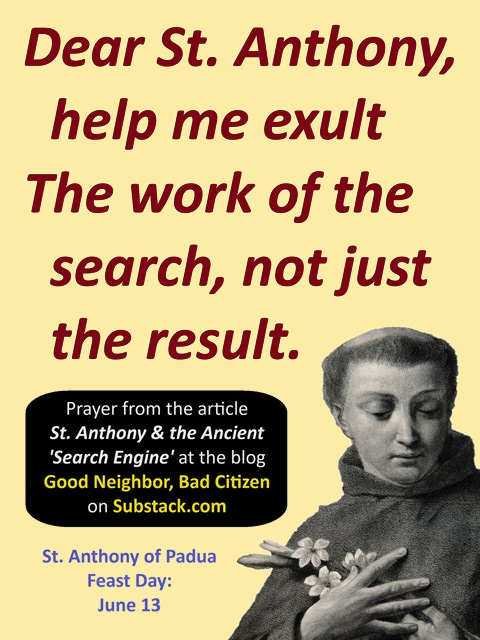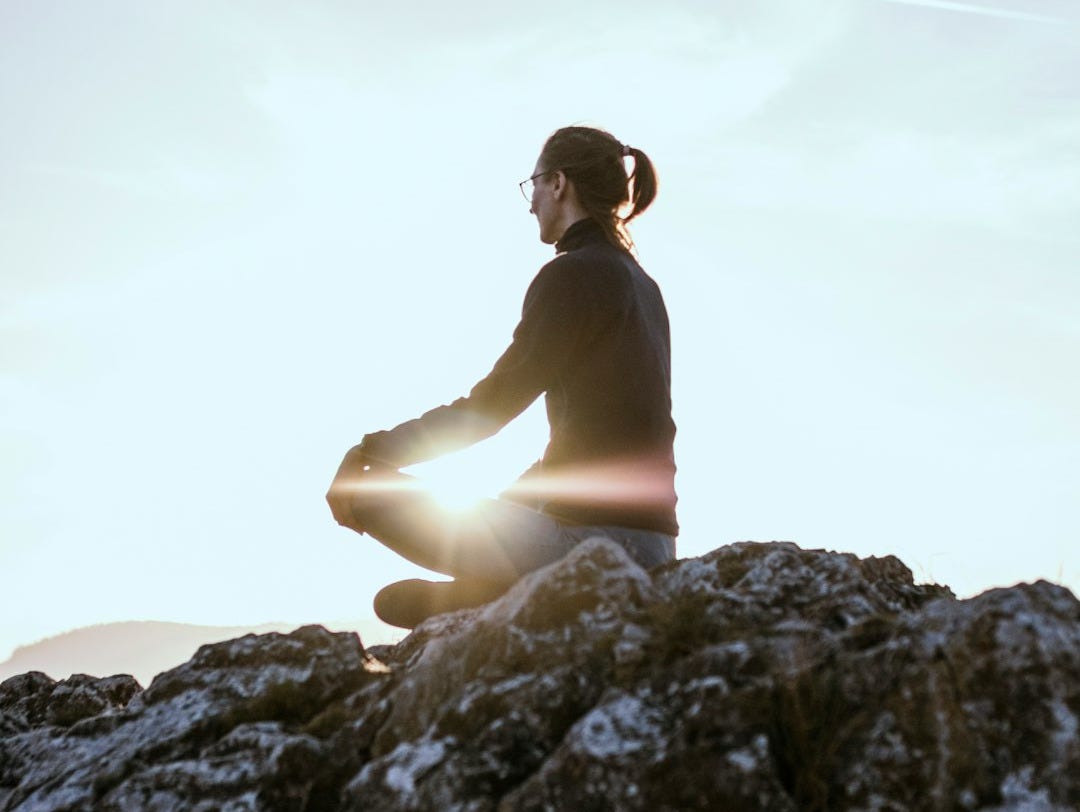
What’s the greatest scientific invention in history?
It’s a fun question to ponder and argue about — there’s no universally agreed-upon answer — and I’ve read lots of lists (which escapes the burden of having to select one as the best).
My suggestion for the top spot: the optical lens.
As Big Think summarizes in its “Top 20” list:
From glasses to microscopes and telescopes, optical lenses have greatly expanded the possibilities of our vision. They have a long history, first developed by ancient Egyptians and Mesopotamians, with key theories of light and vision contributed by Ancient Greeks. Optical lenses were also instrumental components in the creation of media technologies involved in photography, film and television.
Your eyes are probably your body’s highest-speed and highest-volume connection to the outside world, bringing in more sensory data to your brain than you can consciously know. And the lens allows these dominant sensory organs to get exponentially more powerful, making it an invention that keeps on inventing!
Geeks for Geeks noted as much in its list of top inventions, selecting specifically Roger Bacon’s magnifying glass (1268 A.D.) for its scientific utility. It emphasized how the ability to enlarge details that would otherwise be impossible for the naked eye to observe, led to an explosion of further discovery and innovation. Thanks to “the evolution of the optics, microscopes and telescopes,” we broach many a “new phase of scientific inquiry and the research arena.”
And this embodied reality of vision makes its way into our figurative descriptions of how we process our experience.
When we understand something, we say things like “I see what you mean.” When we do abstract thinking, whether about math, art, music, carpentry, engineering, etc., we refer to using our “imaginations,” which contains the word “image” right there in the beginning. We refer to cognitive empathy as the ability to “see” another person’s “perspective.”
Meditation: a lens for the soul
As the optical lens can enhance our physical sight, so can our psychological and intellectual views become more robust via exercising this quest for an “inner” kind of “sight” — “insight” (another vision metaphor!).
Meditation is one such exercise.
I hadn’t written much about meditation previously on Substack, though mindfulness and mindsets are a recurring theme in my articles (sometimes very explicitly so: “Changing Mindsets > Changing Minds”). My most extensive treatment of meditation was a short section of “St. Anthony & the Ancient ‘Search Engine’ ”:
In my own life, I’ve developed a fondness for meditative prayer. It’s time-consuming and a long-term commitment for me. It rarely involves easy answers or epiphanies. It’s the type of habit you develop only if you see searching as an activity to be embraced, rather than an on-demand result to be delivered.
It has taught me to subjugate my natural control-freak tendency (a pathological trait that gets in the way of both Christianity and anarchism).
And my love of meditative prayer motivated me to structure my short book, Good Neighbor, Bad Citizen, as a meditative aid (though it’s not required to approach the book this way in order to enjoy it).

For the spiritually inclined, meditation is a type of prayer. But spiritually oriented or not, meditation involves both intention and attention; you deliberately, willfully channel your mental energies to think more carefully and deeply about something.
Like a lens, good meditation can help us “see” things our casual, often rushed observations might’ve missed. Meditation can help us zoom in like a microscope, zoom out like a wide-angle camera, or traverse great distances like a telescope. It can blur some things and clarify others, depending on how you focus and filter.
Meditation can result in “quieting” or “clearing” the mind and relaxing the body, since the focus is on thinking rather than lots of outwardly strenuous physical doing (though I find I meditate best when I take a walk, preferably outdoors). This quieting is usually accompanied by trying to lessen any distracting physical noise (though many people meditate with some audible components, often provided by someone serving as a guide and offering gentle encouragement).
And this brings me to my upcoming feature.
FM Radio
Since I have some premium subscribers here at Substack, I want to do something special for you. And since I don’t want to take anything away from the free subscribers — so, the Wednesday Wakeup and Sunday Buffet remain public posts — I’m choosing to add content.

I’ve settled on an audio meditation for Fridays, called FM Radio (Friday Meditation). And it’ll begin by going through my book, Good Neighbor, Bad Citizen, in small chunks. After all, I wrote it so it could be used as a meditative aid (and got a 5-star Amazon review from someone who did this!), so the book seems like a good place to start.
If you haven’t already read the book, you can still follow the reflections, as everything will be provided in each post.
If you did read the book, first of all, thank you! FM Radio can still be of benefit by giving you the equivalent of the director’s cut of a movie, with commentary that isn’t always explicit or obvious in the plain text.
And, besides, it’s a short book, so there will be other subject matter after the book series!
The first installment will be this Friday, Jan. 10, and will NOT be paywalled, so everyone can take this initial test drive with me.
To all Subscribers, check your email on Friday, and let’s “see” how this goes!
Share your insights …
… in the Comments section.
Do you use microscopes, telescopes, cameras, or other lenses? Professionally? As a hobby?
Ever tried meditation? Did you find it to be a mostly positive or mostly negative experience? Would you like to try it, or do more of it, perhaps with some guidance and encouragement?
Anything else stand out to you about this article?
Share your thoughts below …
—
Find the book, Good Neighbor, Bad Citizen:
Amazon (paperback & Kindle)
Barnes&Noble (paperback)
Lulu (paperback)
Find me on X: https://x.com/GoodNeighBadCit





I nominate the ancient water clock, as the first recorded example of a feedback control system, the same principle that runs your home thermostat, every electrical power supply, and the innards of almost any useful thing. It may not beat the optical lens, but it surely shares the podium.
See https://lewisgroup.uta.edu/history.htm, "Brief History of Feedback Control," with a brief scroll down to the section "Water Clocks of the Greeks and Arabs."
I'd have to go with the printing press, there isn't much in the world today that hasn't been influenced by it's creation in one way or another.